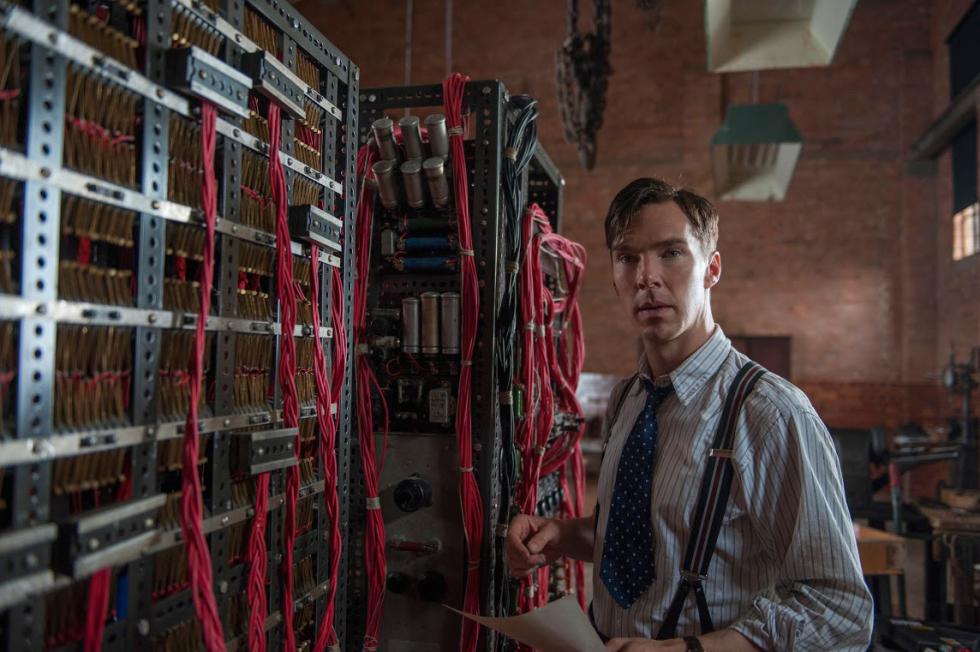As a young and nerdish boy, I was obsessed with words. I collected them the way a lepidopterist might collect moths, catching them on the wing and pinning them down to puzzle out their origins, oddities, and family ties to other words. It all felt like a marvelously intricate and interconnected game that was going on around me all the time, but that most of the world seemed to ignore. I couldn’t understand that; to me it seemed like unlocking words meant opening up a secret world. That feeling has never gone away, and you’re reading the proof.
Between then and now, I’ve noticed an interesting thing about people who like words: they tend to like a good mystery. The feeling one gets when a mystery is resolved is like a picked lock clicking into place; the tumblers fall, the door swings open, and the secret is laid bare. And nowhere do those interests come together so neatly as they do in the world of codebreaking. Is it any wonder that so many codebreakers are also crossword fanatics?
In Morten Tyldum’s new film The Imitation Game, the British actor Benedict Cumberbatch (Sherlock; Star Trek Into Darkness) plays one such man — perhaps the most famous, and tragic, of them all. That man in Alan Turing, the brilliant cryptanalyst largely responsible for breaking the Enigma code used by Nazi Germany. Once considered unbreakable, the Enigma code was a key part of Germany’s war game. By breaking it, Turing and his team — a motley band of chess champions, mathematicians, and (you guessed it) crossword lovers — shortened the war and saved many, many lives.
Based on Andrew Hodges’ book Alan Turing: The Enigma, the film (partly shot in the former home of James Bond creator Ian Fleming) is not simply a tale of a war effort done well. As Hodges’ title suggests, Turing himself was something of a mystery to many. A gay man in a time when that was a crime, Turing was forced to live a life of lies within a life already constrained by official secrets. When the police are called to his home in 1952 after a report of a burglary, it is Turing who is soon after arrested for “gross indecency” and subjected to chemical castration as a way to avoid a prison sentence. Just a few years later, Turing, still unheralded by the country that owed him so much, was dead.
It would take a long time indeed before the country pulled back the curtain on what Turing had accomplished during the war years, and longer still before it came to terms with how it had treated one of its own. Prime Minister Gordon Brown publicly apologized on behalf of the government in 2009, while the Queen pardoned Turing in 2013. That shortsightedness was captured by his clerk Jack Good, who was quoted in the Daily Mail as saying it “was a good thing the authorities hadn’t known Turing was a homosexual during the war, because if they had, they would have fired him — and we would have lost.”
Also this week: Amherst Cinema brings in one of Wes Anderson’s wonderfully idiosyncratic films for a 10 a.m. showing this Saturday. The film is Fantastic Mr. Fox, a stop-motion adaptation of Roald Dahl’s children’s book about a quick-witted fox and his human adversaries. A chicken thief by nature but a newspaperman by trade, Fox (voiced by George Clooney) has settled down for the sake of his family, but can’t resist the lure of one last heist when a trio of poultry farmers have set up shop next to his new foxhole. Rarely has Anderson’s source material been so perfectly suited to his very particular style; the highly mannered veneer of Anderson’s films can sometimes seem a bit precious and overdone with a human cast, but with Fox and his puppets, Anderson finally — gloriously — gets to play with his dolls.•
Jack Brown can be reached at cinemadope@gmail.com.



